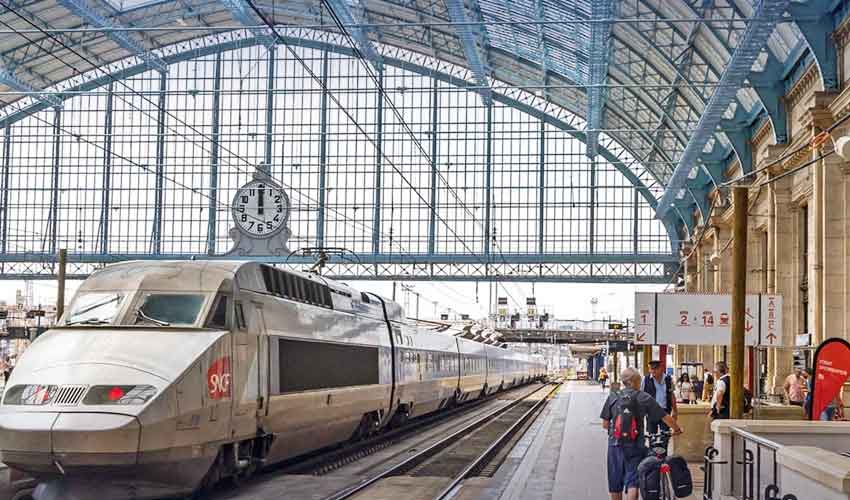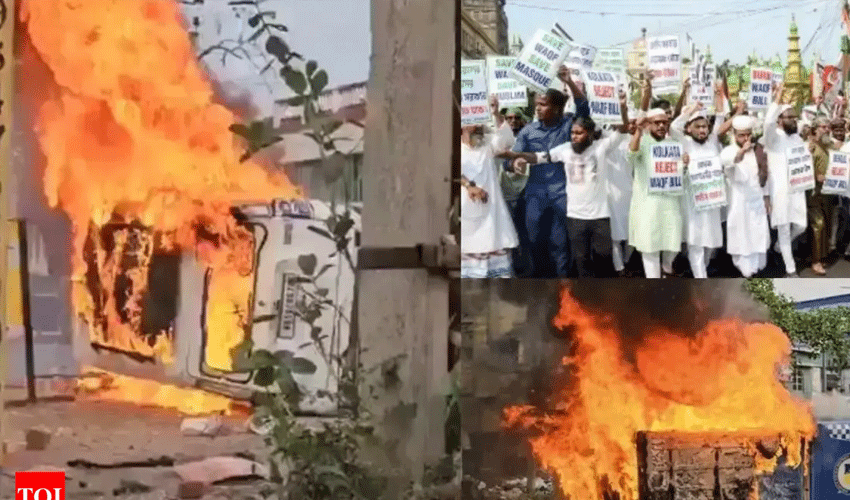France's high-speed rail network was hit by malicious acts, including arson, that disrupted the transport system, train operator SNCF said on Friday, hours before the opening ceremony of the Paris Olympics.
A source close to the investigation told AFP the attacks were coordinated acts of sabotage. This was a massive attack on a large scale to paralyse the TGV network, SNCF told AFP, adding that many routes would have to be cancelled.
SNCF was the victim of several simultaneous malicious acts overnight, the national train operator said, adding that the attacks had affected its Atlantic, northern and eastern lines.
"Arson attacks were started to destroy our facilities," it said, adding that traffic on the affected lines was heavily disrupted, and the situation would last through the weekend as repairs were conducted.
The massive attack against France's high-speed rail network was an "outrageous criminal act", Transport Minister Patrice Vergriete said Friday, hours before the Paris Olympics opening ceremony.
There would be "very serious consequences" for rail traffic throughout the weekend with connections towards northern, eastern and northwestern France halved, Vergriete said, while rail operator SNCF chief executive Jean-Pierre Farandou said 800,000 passengers had been affected.
"Trains were diverted to different tracks but we will have to cancel many them", the statement said.
The southeastern line wasn’t affected as "a malicious act was foiled".
SNCF warned passengers to delay their trips and stay away from train stations. There was no immediate claim of responsibility. But two security sources said initial suspicions fell on hardline leftist militants or environmental activists.
The parade on Friday evening will see 7,500 competitors travel down a six-kilometer (four-mile) stretch of the river Seine on a flotilla of 85 boats.
It is the first time a Summer Olympics has been opened outside the main athletics stadium, a decision troubled with danger at a time when France is on its highest alert for terror attacks.
At Paris's Montparnasse train station, dozens of passengers had been waiting for more information about their trips after delays of 30 minutes to two hours were announced.
"Normal traffic was expected to resume on Monday, July 29th," stated one of the signs in the departure hall.


























